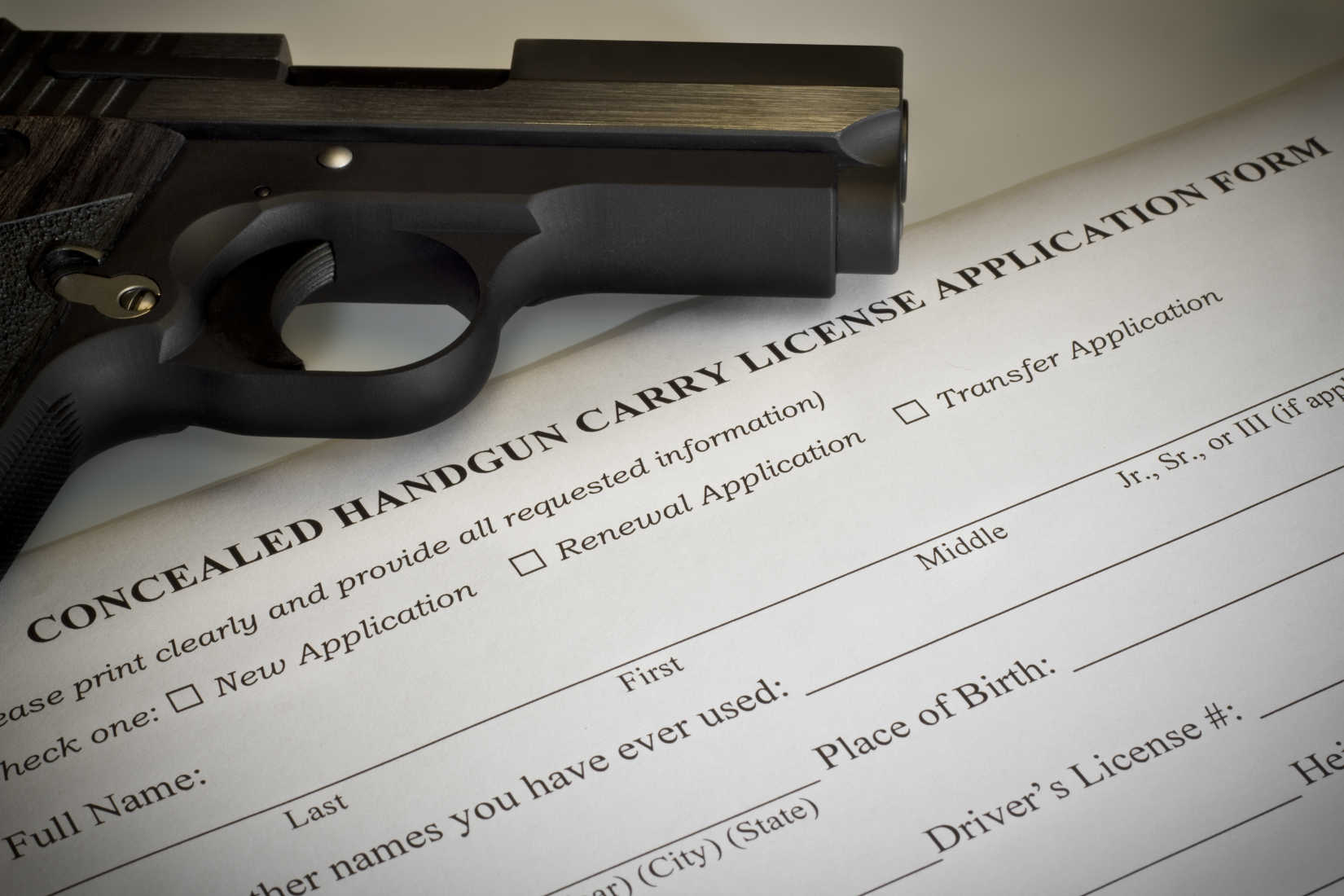By: José Niño
Baltimore County police officer William R. Johnson was indicted on bribery charges last month.
The Baltimore Sun reported that Johnson was a qualified handgun instructor in Maryland.
Instead of having applicants complete the requisite hours of training that Maryland requires before obtaining a handgun license, Johnson would accept $100 to $200 in cash to fill out their paperwork, claiming that the applicant completed the required hours of training in his presence when they never did so, according to the accusations levied in the indictment.
According to federal prosecutors, Johnson received payments for licenses and permits through applications such as CashApp, Venmo, and Zelle in exchange for falsifying documents that stated that these individuals completed the requisite training.
Johnson allegedly charged about $100 for handgun qualification licenses and anywhere from $150 to $200 for wear-and-carry permits. Upon receiving these payments, Johnson said to applicants that they wouldn’t need to attend the required classes and sent them falsified score sheets that certified the completion of the training. From there, applicants used the forms to apply for licenses and permits. Johnson apparently received six payments from five people for licenses, permits, or both, according to the indictment.
According to prosecutors, Johnson’s bribery scheme lasted for over two years, going from May 2019 up until September. Prosecutors argued that Johnson deprived people of an “honest service.” In the indictment, Johnson was charged with six counts of honest services wire fraud. Each count comes with a maximum penalty of 20 years in prison, in addition to a fine and period of supervised release.
According to The Baltimore Sun, individuals who purchase, receive, or rent a handgun in Maryland must possess a handgun qualification license, in addition to acquiring a wear-and-carry permit to use it legally. On top of that, they must undergo four hours of training for handgun qualification licenses and 16 hours for initially trying to acquire wear-carry permit applications. In the latter case, an additional eight hours are needed for renewal applications. Plus, individuals who apply for wear-and-carry permits must undergo a Maryland State Police firearms training course within two years of filing a new or renewal application.
What Johnson’s case shows is that there are unscrupulous individuals who will bend the laws and engage in illicit activity, however, when you restrict otherwise normal activity — the acquisition or carrying of a firearm for self-defense in this case — black market and other forms of underhanded activity will emerge.
Let’s face it, with far more relaxed gun laws, incidents like these in Maryland would not be taking place. Law-abiding people would not have to resort to black market means to acquire firearms for self-defense or rely on law enforcement with questionable morals to exercise their basic rights.
Maryland is a thoroughly anti-gun state. According to Guns & Ammo magazine’s rankings for gun-friendly and concealed carry states, Maryland is ranked in 44th and 47th place, respectively. The state has tons of work to do on all facets of the Second Amendment.
To prevent bribery cases like the one covered here, Maryland should relax its gun laws so that lawful citizens don’t have to jump massive hoops or use legally dubious workarounds just to exercise their God-given right to self-defense.
José Niño is a freelance writer based in Austin, Texas. Contact him via Facebook, Twitter, or email him at [email protected]. Get his e-book, The 10 Myths of Gun Control, here.

